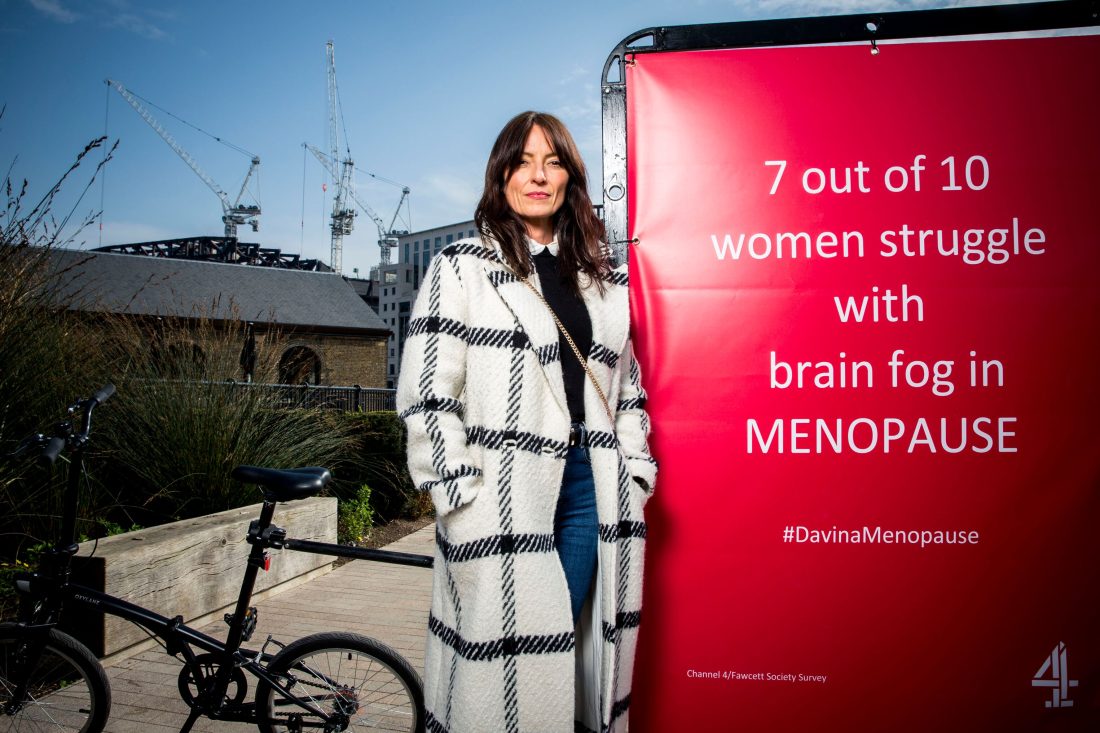
The staggering yet preventable cost of menopause to the PR industry
By Andrea Hartley
Throughout my career working in PR in the health space, time and again I’ve seen women’s health issues pushed to the bottom of the pile. But none has made its mark and captured headlines more than one of the last great taboos in the workplace – menopause. There’s a handful of key players to thank for that…
On Monday night, one year on from her last groundbreaking film which put menopause on the map, a new Channel 4 documentary, fronted by Davina McCall titled ‘Sex, Mind and the Menopause’ aired. The film explored how menopause can affect the mind as well as the body, shining a light on how memory loss and brain fog are decimating women at work.
Aside from the eye-watering cost ignoring menopause has on day-to-day productivity, staff retention is plummeting. Our industry is currently going through a talent shortage and senior female talent is dropping at the fastest rate – much of which could be easily prevented.
It’s no secret that PR & comms is a female-led industry, with 67% of employees being women (according to PRCA data). Yet very few of the big players in the industry have established dedicated menopause policies let alone more. No naming names…
So what can we do?
My 3 key takeaways from the documentary are:
Signposting goes a long way
The women featured are testament to the transformative effect Hormone Replacement Therapy (HRT) can have on your mind, your work, your life, everything. Of course it’s not the answer to everything and you should always get medical advice, but it’s been proven to reduce the risk of Alzheimers and Parkinsons, yet is misunderstood and hard to obtain for many women. Femtech products are changing the tide. For example, a leading menopause support app reports that 73% of its users managed to get onto HRT they needed proving that knowledge is power and there is help available.
Creating a stigma-free environment is a journey
The fact that there’s a prime-time production dedicated to menopause shows that now really is the time to normalise the conversation. It won’t be overnight but let’s start being comfortable talking openly about brain fog and hot flushes during the morning team meetings if that’s what we need to do.
Menopause policy shouldn’t be a PR opportunity
Jumping on the bandwagon to implement a menopause policy without auditing, researching and recognising that there’s no one size fits all approach just to ‘look good’ isn’t the way to go. There is such a thing as bad PR in this case – and, worse, significant cost and fall-out.
As PR and comms professionals we spend so much time looking outwards, seeking promotional opportunities, it’s easy to forget to take the time to reflect on what we should be doing right in front of our noses, internally. Identifying what you can do to mitigate the impact of menopause is not only the right thing to do, it’s a business case for future survival.

